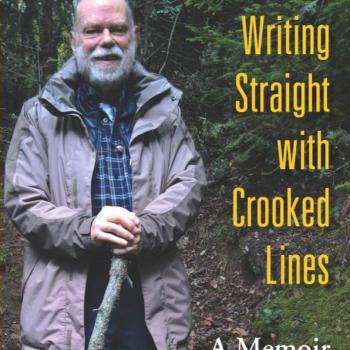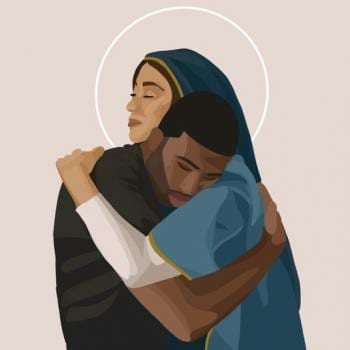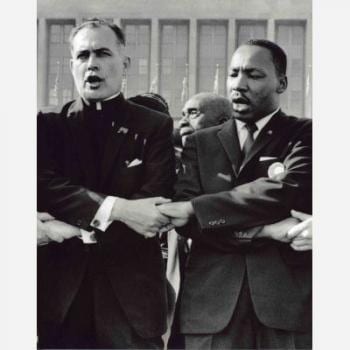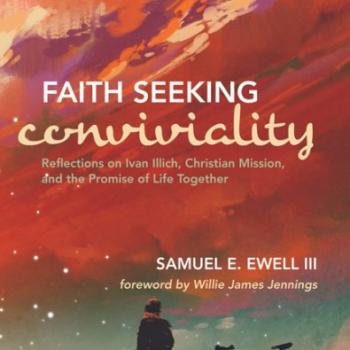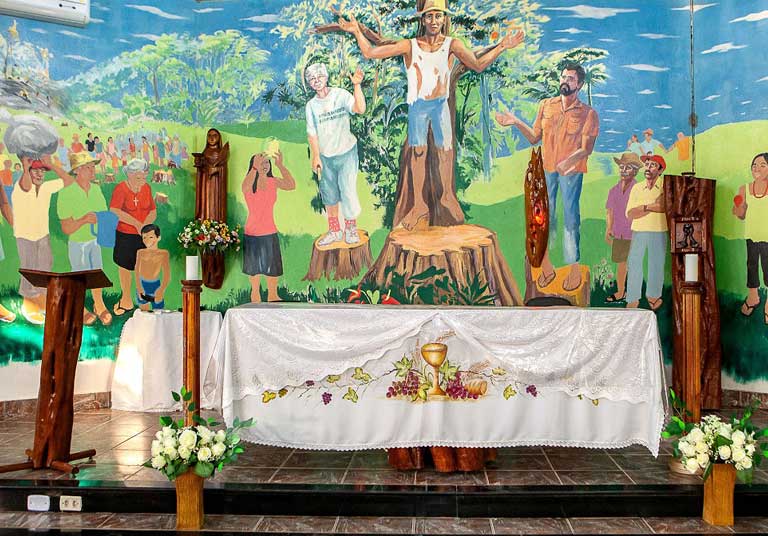
Wilson Pinheiro, murdered in 1980. Vicente Canas, stabbed to death in 1987. Chico Mendez, assassinated in 1988. Jose Claudio da Silva, ambushed and killed in 2011.
These are Brazilian activists who died for their efforts at protecting the Amazonian rainforest and the 3 million indigenous peoples who live within the region called Amazonia or the Amazonian biome.
Another victim of this long-standing repression was Sister Dorothy Stang, the American-born Sister of Notre Dame de Namur who taught briefly at a school in Calumet City, Illinois, about 30 miles from my front door, back in the mid-1960s, just before she relocated to Brazil.
In addition to fighting the forces of deforestation, Sister Dorothy threw herself into a campaign to protect small-plot farmers from criminal gangs working for local ranchers aiming to consolidate as much land as possible. Walking to a morning community meeting in 2005, she was brutally gunned down by two killers hired by a rancher angry over a fine which the indefatigable nun’s work had brought upon him.
Known by some as “the martyr of the Amazon,” Sister Dorothy has a cause for sainthood in process. Climate activists and supporters in Brazil today often don tee-shirts wearing her slogan: “The Death of the Forest is the End of Our Life.” (Her successor, Fr. Jose Lopez de Souza, on the other hand, is under threat of prosecution by a logger/politician associated with Brazilian president Jair Bolsonaro.)
This violent history is part of the background to the October 5–27 Synod of Bishops of the Pan-Amazon Region in Rome, about which much heat and little light have been generated in the U.S. I want to use this column over the next several weeks to talk through the range of issues to be discussed at the Synod, less out of any personal enthusiasm for Vaticanology and more because I’m in agreement with those observers who see this as some kind of kairos moment, both for the global environmental movement and for the global Catholic Church. (Two friends of Solidarity Hall who are also quite engaged with Catholic environmentalism are Tony Annett and Nathan Schneider, both of whom are contributors to this excellent new collection of essays on Laudato Si’ which I’ll review at a later date.)
Consider just some of what’s coming at us in this event next month:
- a test of the Church’s wider acceptance of Pope Francis’ concept of “integral ecology,” a blend of theology and environmentalism which includes the dignity of the human person and social justice — this puts Francis on a collision course with the Trumpesque Bolsonaro regime and its exploitative approach to development in Brazil
- a focus not only on the civilizational struggle of indigenous peoples (their hope to defend their buen vivir against exploitation) but on an intercultural dialogue with Indian theology — anathema to the anti-Francis crowd at Tradition, Family and Property who have created a “Truth about the Amazon” site (also for another column)
- a blend of the latter with a particular approach to liberation theology, one emphasizing (as Leonardo Boff put it), “less theology and more liberation”
- an exploration of how a regional synod can bridge to global issues, whether ecclesiastical or environmental in nature (lessons applicable to the Congo basin, the Mesoamerican Biological Corridor, the tropical forests of Asia Pacific, the Guarani Aquifer, etc.)
Broadly speaking, the Synod looks to be setting up a public confrontation between two prominent figures, Pope Francis and Jair Bolsonaro, one representing the Church’s commitment to the poor and the rising Church of the global South and the other standing for a dangerous mix of populism, nativism and neoliberal extractivist policies. So much is under threat here as we possibly approach a point of no return with the last great rainforest and a region of deep human cultural heritage, both endangered.
Keeping in mind Pope Francis’ phrase, “everything is connected,” I’ll try to keep finding and sharing the connections here. Comments (preferably sane) welcome.



